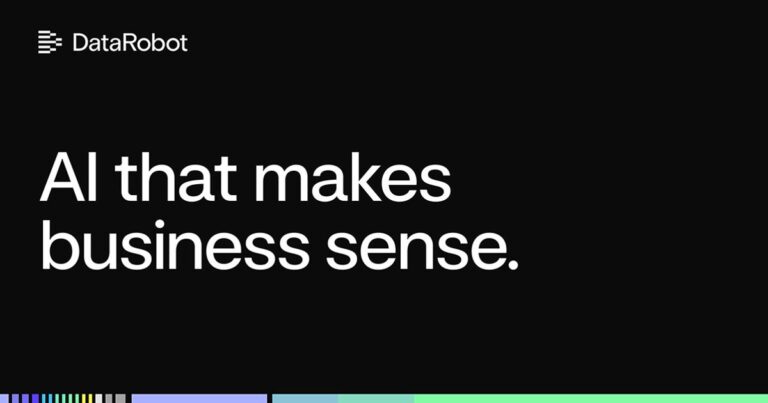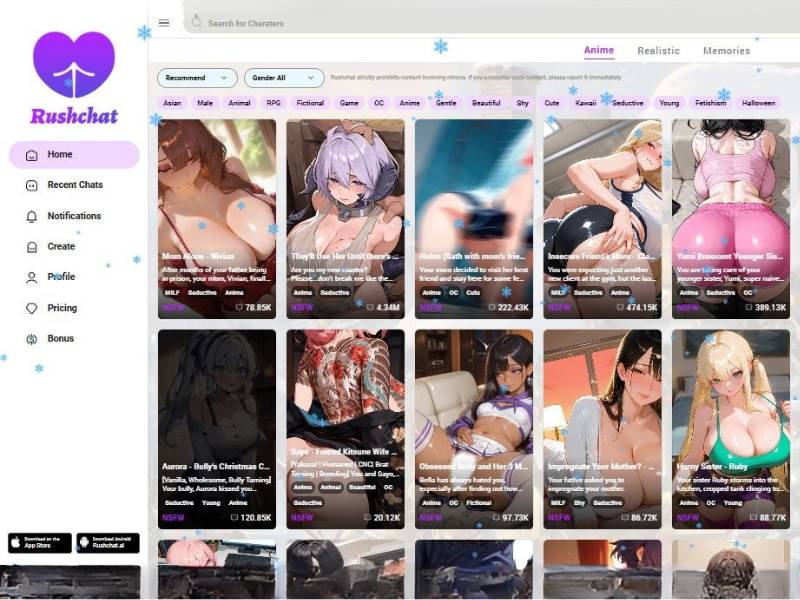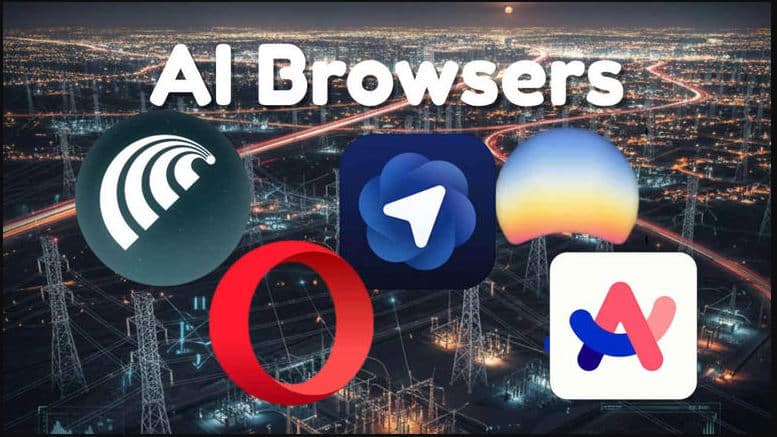AI Tools for Creating Marketing Campaigns: Revolutionizing the Future of Digital Marketing
In the fast-evolving landscape of digital marketing, artificial intelligence (AI) has emerged as a game-changer, empowering businesses to create more effective, personalized, and efficient campaigns. From automating repetitive tasks to delivering hyper-targeted advertisements, AI tools are reshaping how marketers connect with their audiences. As brands compete for attention in an increasingly crowded marketplace, leveraging AI isn’t just an option—it’s a necessity. This article explores how AI transforms marketing campaigns, highlights key tools, and discusses their benefits, challenges, and future potential.
How AI is Transforming Marketing Campaigns
1. Personalization at Scale
Gone are the days of one-size-fits-all marketing. AI enables brands to deliver hyper-personalized experiences by analyzing customer data in real time. Machine learning algorithms identify patterns in user behavior, preferences, and demographics, allowing marketers to tailor content, product recommendations, and messaging to individual needs. This level of customization boosts engagement and drives higher conversion rates.
2. Data-Driven Insights
AI excels at processing vast amounts of data, uncovering actionable insights that humans might miss. Tools powered by AI can analyze historical campaign performance, predict trends, and optimize strategies. For example, AI-driven analytics platforms help identify which channels yield the best ROI, enabling smarter budget allocation.
3. Automation & Efficiency
Marketing workflows are streamlined with AI automation. Tasks like email campaigns, social media scheduling, and ad management can be handled by AI, freeing up human resources for strategic thinking. This reduces manual labor and minimizes errors, ensuring campaigns run smoothly and consistently.
4. Real-Time Adaptation
AI tools can adjust campaigns on the fly based on real-time performance metrics. Dynamic ad optimization, for instance, allows bids and creatives to change automatically depending on user interactions, ensuring maximum impact and relevance.
Key AI Tools and Their Applications
1. Content Creation Tools
AI is revolutionizing content generation, from copywriting to video editing. Tools like Jasper and Copy.ai use natural language processing (NLP) to draft blog posts, social media content, and ad copy quickly. MidJourney and DALL·E assist in creating visuals, while Pictory transforms text into engaging videos. These tools reduce content production time and maintain consistency across platforms.
2. Audience Targeting & Segmentation
Platforms like Google Ads and Facebook Ads Manager integrate AI to refine audience targeting. Google’s Smart Bidding uses machine learning to optimize ad spends, while Facebook’s Automated Ads identifies the best audiences and ad formats. AI also powers tools like HubSpot’s AI Marketing Tools, which segment customers based on predictive analytics.
3. Marketing Automation Platforms
HubSpot and Marketo leverage AI to automate lead nurturing, email campaigns, and customer journeys. These platforms analyze user behavior to trigger personalized follow-ups, ensuring timely and relevant communication without manual intervention.
4. Predictive Analytics Tools
Salesforce Einstein and Adobe Analytics use AI to forecast customer actions and campaign outcomes. By predicting which leads are most likely to convert or which products will sell well, these tools help businesses allocate resources more effectively and anticipate market shifts.
5. Chatbots & Virtual Assistants
AI-driven chatbots like Drift and ManyChat provide 24/7 customer support, answer queries, and even qualify leads. These tools enhance user experience and reduce response times, keeping audiences engaged throughout the customer lifecycle.
Benefits of AI in Marketing Campaigns
- Time-Saving: Automating tasks like data analysis and content creation allows marketers to focus on strategy.
- Cost-Effectiveness: AI reduces human error and optimizes ad spend, lowering overall marketing costs.
- Enhanced Customer Insights: AI analyzes data to reveal deep audience understandings, improving targeting and messaging.
- Improved ROI: Predictive analytics and real-time adjustments ensure campaigns are more efficient and effective.
Challenges and Considerations
While AI offers immense potential, it’s not without hurdles:
- Data Privacy Concerns: AI relies on customer data, raising issues around compliance with regulations like GDPR.
- Over-Reliance on Technology: Human creativity and emotional intelligence remain irreplaceable in crafting compelling narratives.
- Initial Setup Costs: Implementing AI tools can require investment in infrastructure and training.
- Ethical Implications: Bias in AI algorithms or misuse of data demands careful oversight.
The Future of AI in Marketing
The future promises even more advanced AI capabilities, such as:
- AI-Powered AR/VR Experiences: Immersive campaigns that adapt in real time to user interactions.
- Enhanced Creativity: Tools like Runway ML and Adobe Firefly are pushing the boundaries of AI-generated creativity.
- Ethical AI Frameworks: As regulations evolve, tools will prioritize transparency and fairness.
Marketers must strike a balance between leveraging AI’s efficiency and maintaining the human touch that builds trust and emotional connections.
Conclusion
AI tools are no longer a luxury but a cornerstone of modern marketing. They empower brands to create smarter, faster, and more personalized campaigns, driving growth in a competitive digital world. However, success lies in understanding these tools’ strengths and limitations, ensuring they complement—not replace—human expertise. As AI continues to advance, its role in marketing will only expand, making it essential for businesses to adopt and adapt to stay ahead.
By integrating AI into their strategies, marketers can unlock unprecedented opportunities, turning data into decisions and ideas into impact. The future of marketing isn’t just digital—it’s intelligent.







